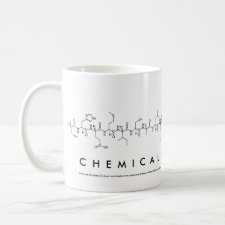
Authors: Bai X, Liu SC, Liu JX, Ma Y, Zhang WL, Pan JM
Article Title: Specific uptake luteolin by boronate affinity-based single-hole hollow imprinted polymers sealed in dialysis bags.
Publication date: 2018
Journal: Chemical Engineering Journal
Volume: 353
Page numbers: 911-919.
DOI: 10.1016/j.cej.2018.07.190
Alternative URL: http://www.sciencedirect.com/science/article/pii/S1385894718314396
Abstract: Boronate affinity-based single-hole hollow imprinted polymers (BA-H-MIPs) were fabricated and sealed in dialysis bags for highly specific adsorption of cis-diol containing luteolin (LTL). This preparation strategy is implemented through the direct imprinted polymerization reaction occurring on the surface of carboxyl-capping polystyrene colloids (CPS), and the creating mechanism of single hole is the concomitant microphase separation and symmetrical volume shrinkage of imprinted shells. BA-H-MIPs possess uniform size (200 nm), single holes (50 nm) and hollow structure, and high-affinity sites density (0.27 mg m-2). In static adsorption, BA-H-MIPs show specific high-capacity uptake of target LTL at 318 K (46.96 mg g-1), fast capture kinetics (200 min), remarkable selectivity and regeneration performances. By a pH-responsive purification process, a commercially available 85% LTL could be simply concentrated to 95.88% by BA-H-MIPs, and the purified products have the similar antibacterial performance with standard substance. In addition, the special structure of hollow interior surfaces and single holes provide high site accessibility and abundant imprinted sites, which is the key factor for improving selective binding performance
Template and target information: luteolin, LTL
Author keywords: molecular imprinting, Single-hole hollow structure, selective adsorption and separation, boronate affinity, Luteolin



Join the Society for Molecular Imprinting

New items RSS feed
Sign-up for e-mail updates:
Choose between receiving an occasional newsletter or more frequent e-mail alerts.
Click here to go to the sign-up page.
Is your name elemental or peptidic? Enter your name and find out by clicking either of the buttons below!
Other products you may like:
 MIPdatabase
MIPdatabase









